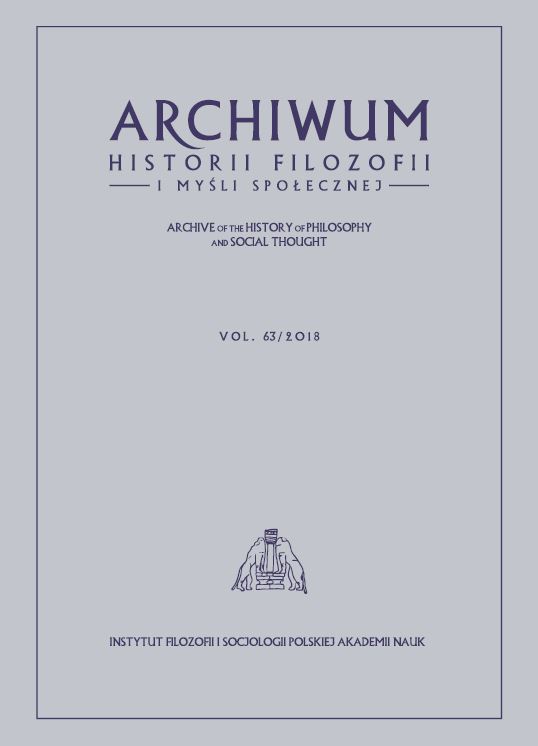Berkeley and McDowell on Perceptual Experience
Berkeley and McDowell on Perceptual Experience
Author(s): Anna TomaszewskaSubject(s): History of Philosophy, Philosophical Traditions
Published by: Instytut Filozofii i Socjologii Polskiej Akademii Nauk
Keywords: George Berkeley; John H. McDowell; perceptual experience; conceptualism; disjunctivism;
Summary/Abstract: Th e aim of this article is to show that Berkeley’s account of perception canbe read as sharing important features with a contemporary account developed by John H.McDowell, in particular with conceptualism and disjunctivism – two key components of McDowell’s theory of perceptual experience. Conceptualism is a view that perception isstructured by concepts (possessed by the subject of experience). Disjunctivism states that theacts of perception are directed at objects without any mediation of an idea or representation,the so-called “highest common factor”, in both veridical and non-veridical perceptions. Thus, all perceptual acts are either veridical, or come down to illusions or hallucinations. I take these two components of McDowell’s position to confront them with Berkeley’s doctrines of abstraction and perceptual illusion. Since it can be shown that the Berkeleyan general ideas (notions) are ways of structuring the content of experience, or “contributions” by “our interpreting minds”, and since perceptual errors can be attributed to the interpreting activity of the mind, rather than to the misleading contents of experience itself (ideas), there is more in common between Berkeley and the philosophical tradition that tries to defythe “Myth of the Given” than one may think prima facie to be the case.
Journal: Archiwum Historii Filozofii i Myśli Społecznej
- Issue Year: 63/2018
- Issue No: 63
- Page Range: 17-34
- Page Count: 18
- Language: English

